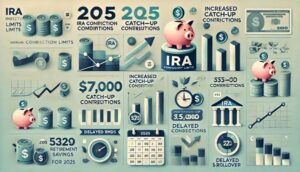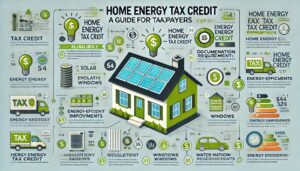Here is an article from Nerdwallet on tax deductions you can take when self-employed in 2023. I chose this article because I get a lot of questions throughout the season about the types of deductions that can be taken as a self-employed individual. One of the biggest areas that self-employed people overlook is the retirement savings that are available to them and the impact it can have on their taxes.
I hope this article helps explain our tax system a little better, I will discuss any questions regarding the articles this tax season.
Bob Donica
Source: Nerdwallet | Repost RE Donica & Associates 2/16/2023 –
There are many valuable tax deductions for freelancers, contractors and other self-employed people who work for themselves. Here are 15 big self-employment tax deductions to remember ahead of tax day.
1. The home office deduction
If you work from your home or use part of it in your business, then self-employment tax deductions like this one could get you a break on the cost of keeping the lights on.
What you can deduct: A portion of your mortgage or rent; property taxes; the cost of utilities, repairs and maintenance; and similar expenses. Generally, this deduction is only available to the self-employed; employees typically cannot take the home office deduction.
How it works: Calculate the percentage of your home’s square footage that you use, in the IRS’ words, “exclusively and regularly” for business-related activities. That percentage of your mortgage or rent, for example, becomes deductible. So if your home office takes up 10% of your house’s square footage, 10% of those housing expenses for the year may be deductible. IRS Publication 587 outlines a lot of scenarios, but note that only expenses directly related to the part of your home you use for business — say, fixing a busted window in your home office — are usually fully deductible.





